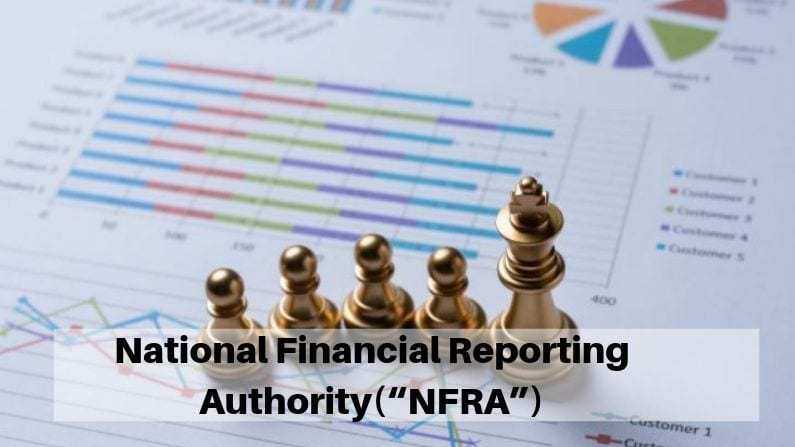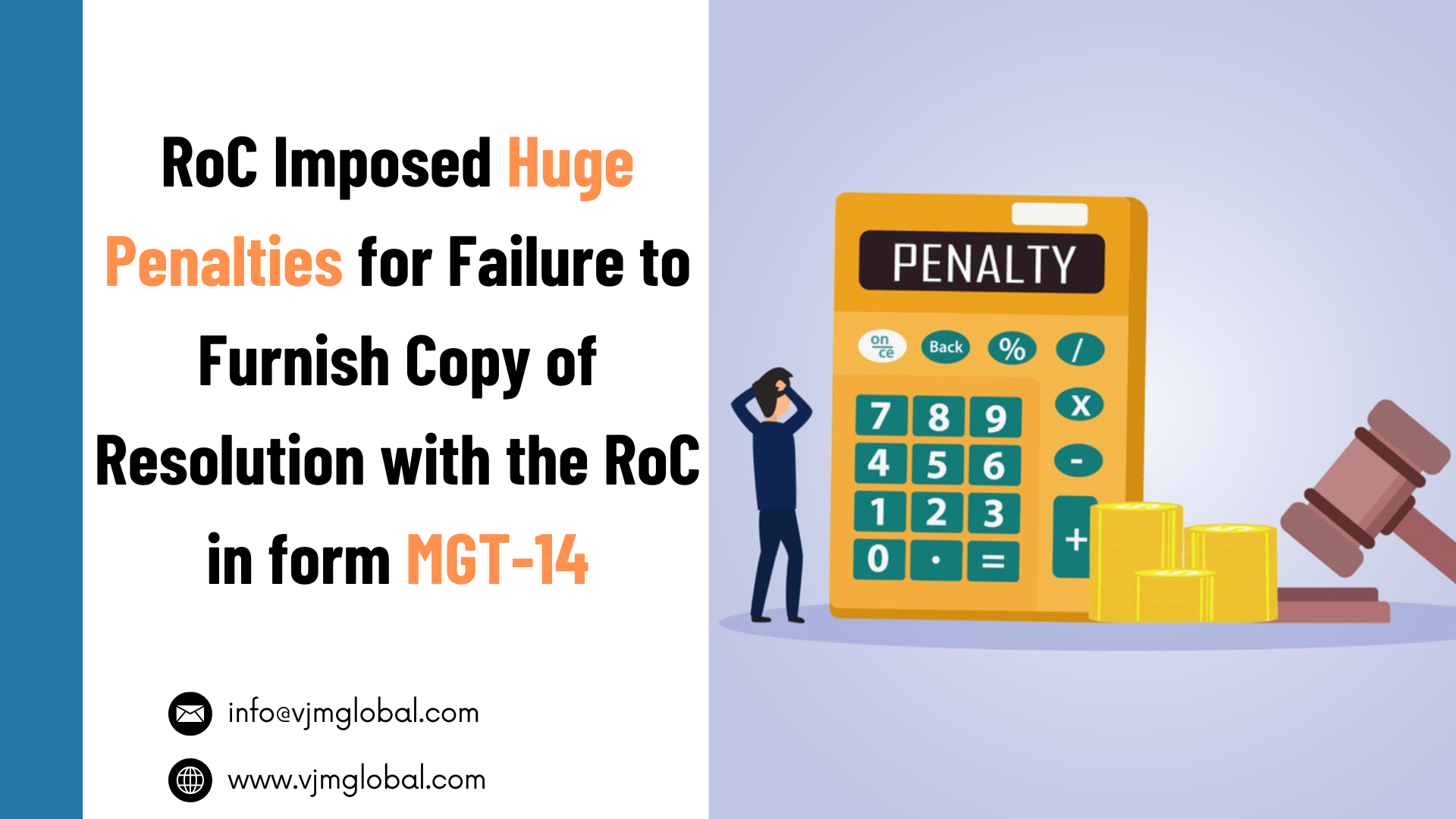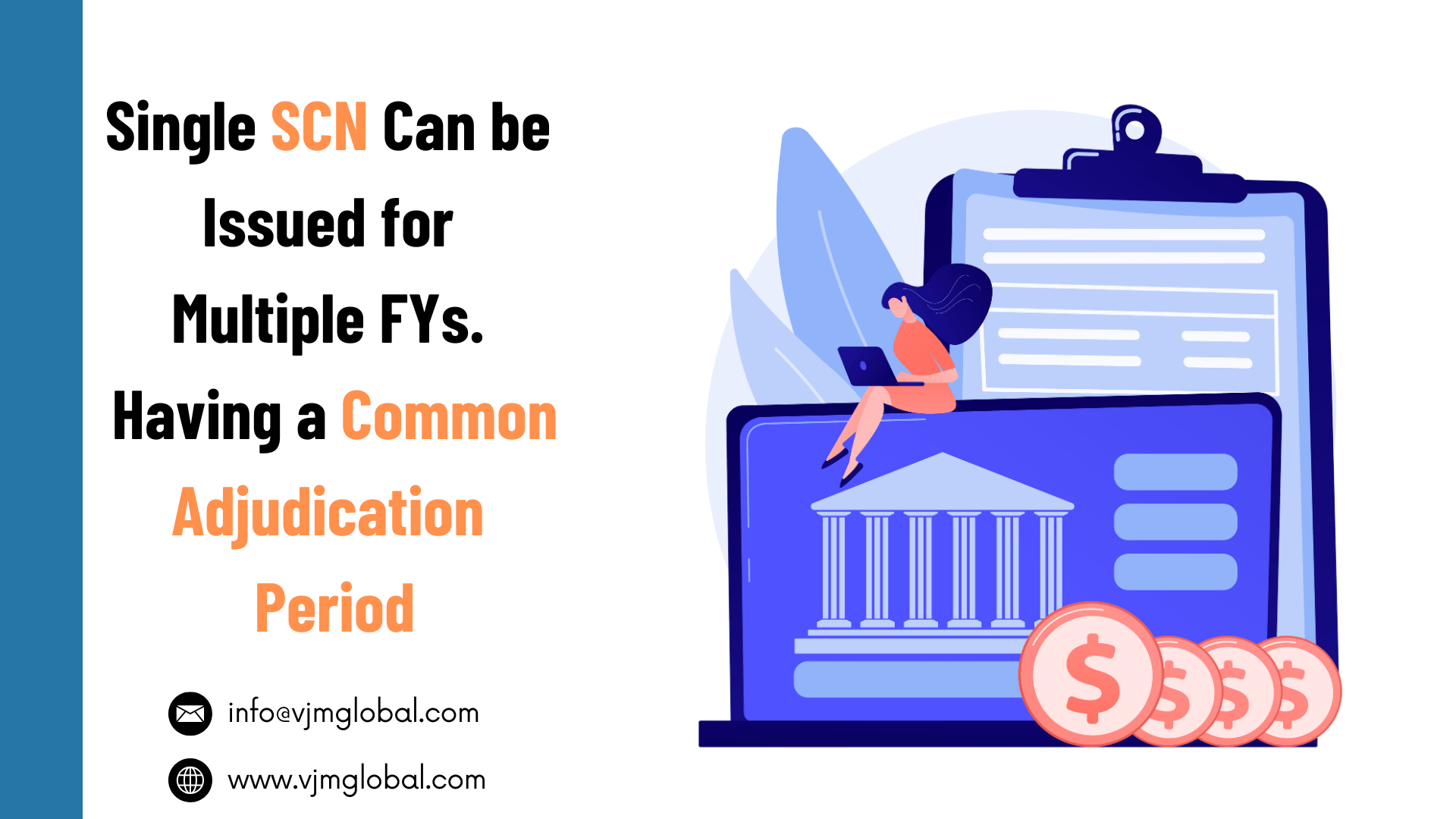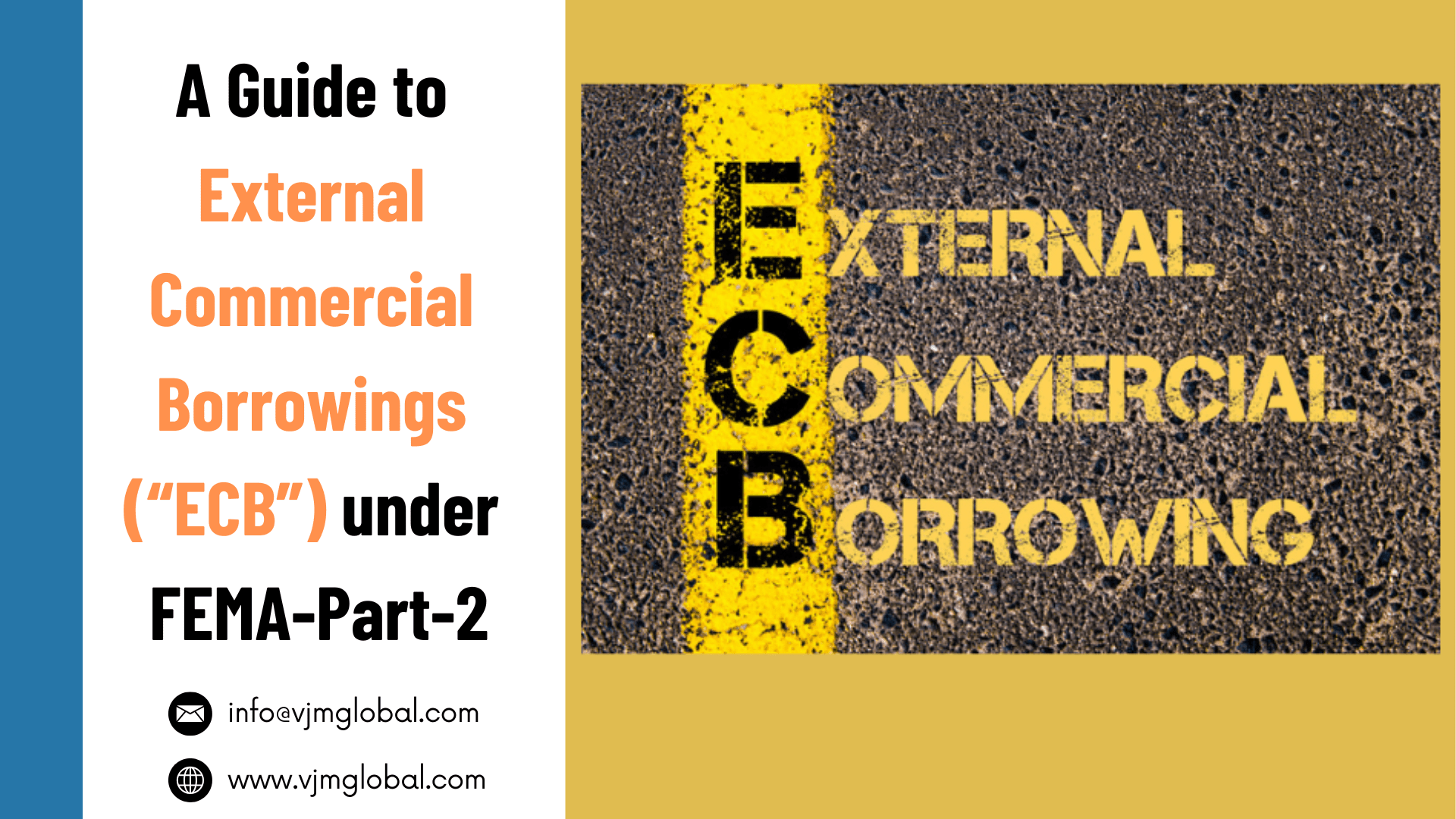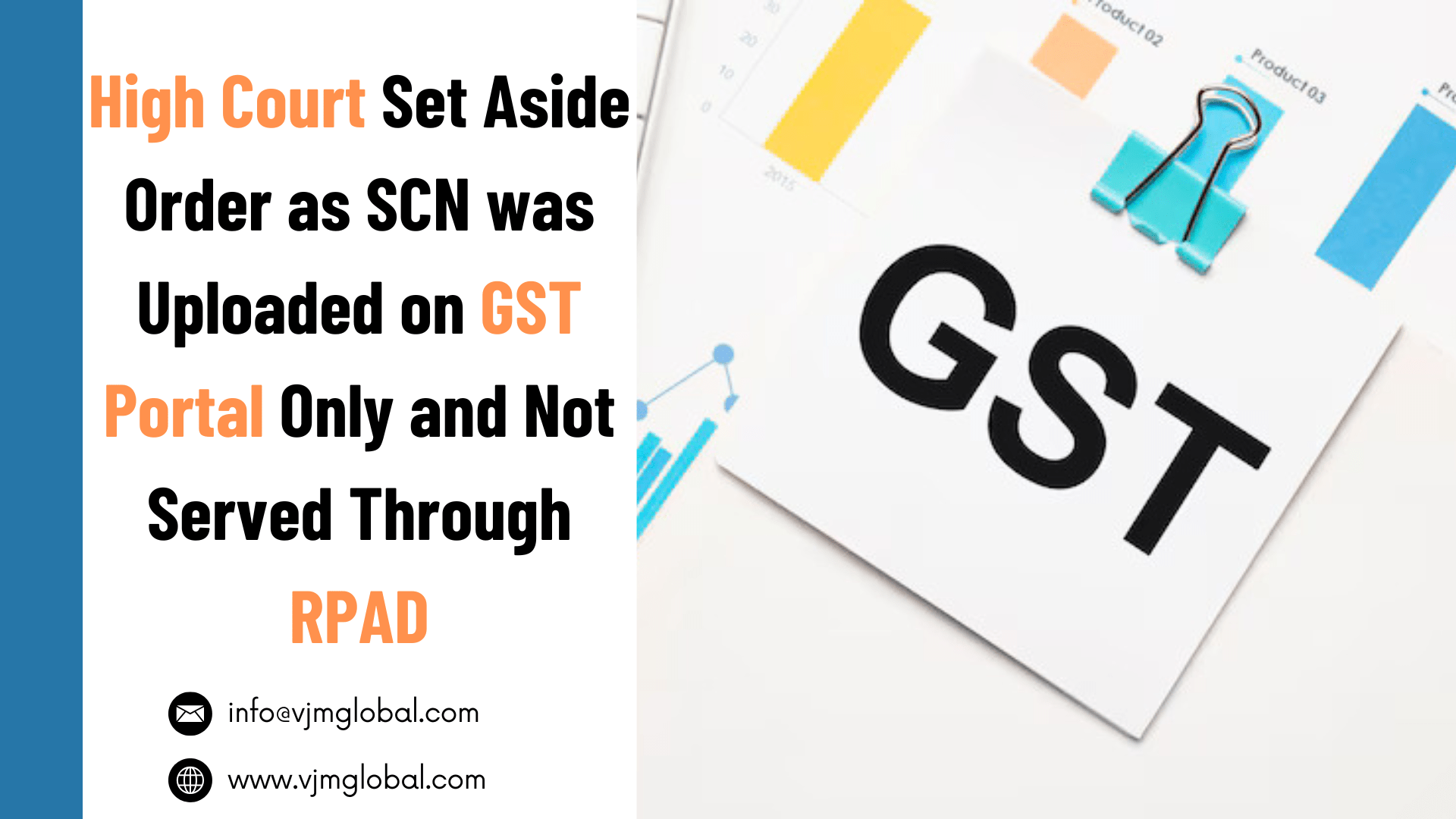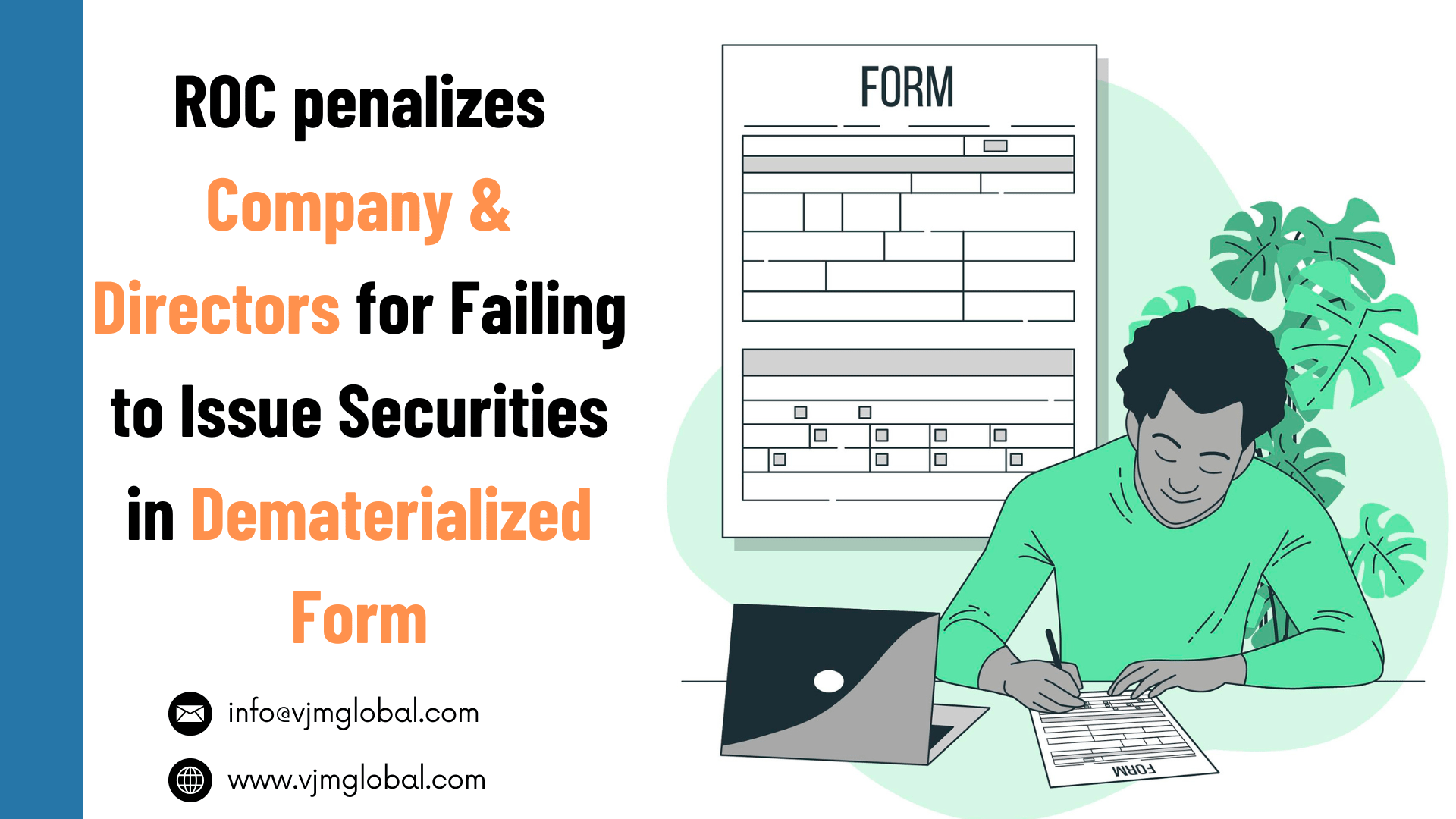With the object of proper compliance with accounting and auditing standards under companies Act, 2013(“The Act”), section 132 of the Act authorizes Central Government (“CG”) to set-up National Financial Reporting Authority (“NFRA”). NFRA would provide for matters related to accounting and auditing standards under the act.
This article contains a detailed discussion about constitution of NFRA, applicability of NFRA Rules, Composition of NFRA, powers and responsibility of NFRA and some other relevant information related NFRA.
1. Objective to constitute NFRA
National Financial Reporting Authority will be constituted by Central government to provide matter related to accounting and auditing standards. NFRA is set-up to make financial reporting of the company more true, fair and transparent by ensuring that companies have complied with accounting and auditing standards.
2.Set-up of NFRA (Sub section 132(1))
After a substantive time since implementation of Companies Act, 2013, Central government finally decided to form National Financial Reporting Authority.
In exercise of power conferred under section 132 of the companies act, 2013, CG constituted NFRA and notified 1st October, 2018 as the date of its constitution of NFRA vide N/ No/ F. No. 1/4/2016-CL-I-Part dated 1st October, 2018.
Constitution and functioning of NFRA is described in detail in following rules:
- The National Financial Reporting Authority (Manner of Appointment and other Terms and Conditions of Service of Chairperson and Members) Rules, 2018 (“NFRA Appointment Rules”)
- The National Financial Reporting Authority Rules, 2018 (“The Rules”)
3. Constitution of NFRA (Section 132(3) of the Act read with NFRA Appointment Rules)
NFRA Shall consist of following persons:
- Chairperson-He shall be person of eminence and having expertise in accounting, auditing, finance and law. He shall be appointed by CG. Rangachari Sirdharan, an ex-IAS officer, has been appointed as chairperson of NFRA.
- 3 Full time members– full-time member shall be a person of ability, integrity and standing and he must have expertise and experience of minimum 20 years in the field of accountancy, auditing, finance or law.
- 9 part time members– part-time member should be a person who does not have any such financial or other interest which may affect prejudicially his functions as a part-time member.
Section 132 and NFRA Appointment rules also prescribes some other conditions for appointment of members.
4. Functions and Duties of NFRA (Section 132(2) read with Rule 4 of the Rules)
4.1 Duties of NFRA
Section 132(2) of the act lays down an outline of functions of NFRA which are as following functions:
- NFRA shall make recommendation to the Central Government on the formulation and laying down of accounting and auditing policies and standards for adoption by companies or class of companies or their auditor.
- NFRA shall monitor and enforce the compliance with accounting and auditing standard by the companies.
- NFRA will oversee the quality of service provided by professionals in relation to compliance of such standards and it may make suggestions for improvement in quality of service and any other related matters
- NFRA may perform any other function in relation to these aforementioned functions.
Rule 4 of the rules describes functions and duties of NFRA at length which is as follows:
NFRA is established to protect interest of stakeholders (such as investors, creditor and other persons associated) in a body corporate. NFRA ensures completion of its duties by following measures:
- Establishing high quality standards of accounting and auditing
- Exercising effective oversight of accounting functions performed by company
- Exercising effective oversight of auditing functions performed by auditor.
4.2 Functions to be performed by NFRA
Rule 4(2) of the rules describes that NFRA shall perform following functions:
- Maintain details of particulars of auditor appointed in the company.
- Provide recommendation to Central Government on accounting and auditing standards.
- Monitor and enforce compliance with accounting and auditing standards.
- Look after at the quality of service rendered by professionals and also provide suggestions to improvise quality of service
- Promote awareness for compliance of auditing and accounting standards
- Co-operate with national and international organisations of independent audit regulators to ensure establishment and compliance with accounting and auditing standards
5. Functions to be performed by NFRA
5.1 Recommending accounting standards and auditing standards (Rule 6)
One of the major duty of NFRA is to provide recommendation to Central Government on accounting and auditing standards. In this context, Rule 6 of the rules contains relevant provisions. As per Rule 6, NFRA shall provide the suggestions in following manner:
- Step-1: NFRA shall receive the recommendations from Institute of Chartered Accountants of India (“ICAI”) on accounting and auditing standard
- Step-2: NFRA may obtain additional information from ICAI on aforementioned recommendations, if required.
- Step-3: NFRA shall consider such recommendations and additional information before making such recommendations to Central Government.
5.2 Monitoring and enforcing compliance with accounting standards (Rule 7)
Primary responsibility/duty of NFRA is ensure compliance with accounting standards by body corporate or the companies. For this purpose NFRA may take following actions:
- NFRA may review the financial statements of company or body corporate covered under Rule 3 of the rules.
- If required, it may ask for some additional information or documents from company or its auditor through a notice in writing with such reasonable time as mentioned in notice.
- NFRA may require personal presence of officers of company or its auditor
- If any non-compliance comes into knowledge of NFRA, then it shall report such non-compliance on its website and in such other manner as it deems fit. However, it may choose not to publish information on website in public interest but it is required to record the reason for the same in writing.
- If NFRA has reasons to believe that any accounting standard has or may have been violated, it may choose for further investigation through its concerned division.
5.3 Monitoring and enforcing compliance with auditing standards (Rule 8)
To monitor and enforce compliance with auditing standards by a company or a body corporate governed under rule 3, the Authority may take following actions:
- It may review working papers (including audit plan and other audit documents) and communications related to audit
- NFRA may evaluate sufficiency of quality control system of auditor and it may also check documentation manner of auditor
- NFRA may test audit, supervisory and quality control procedure of the auditor to the extent it may consider necessary
- NFRA may require auditor to provide a report on its governance practices and internal processes designed to promote audit quality, protect its reputation and reduce its risk. In furtherance, auditor may take such actions as it may consider necessary on such report.
- NFRA may ask for additional information or explanation from auditor. It may require auditor to present personally to provide additional information.
- NFRA shall perform monitoring and enforcement activities through its officers or experts
- If NFRA comes across any non-compliance, then it shall report such non-compliance on its website and in such other manner as it deems fit. However, it may choose not to publish information on website in public interest but it is required to record the reason for the same in writing.
- NFRA can’t publish any confidential or proprietary information unless it is required to do so in public interest. It may report such confidential or proprietory information to the CG through a separate report.
- Authority may decide for further investigation or enforcement if it has reasons to believe that any law or professional or other standard has been violated.
5.4 Overseeing the quality of service and suggesting measures for improvement (Rule 9)
Post review of audit process, quality control, audit report and other documents of auditor, authority shall follow the following process to improvise the compliance with auditing standards:
- Step:1 On the basis of its review, NFRA may direct an auditor to take measures for improvement of quality of audit. Such measures may include changes in their audit processes, quality control, and audit reports and specify a detailed plan with time-limits.(2)
- Step-2: It shall be the duty of the auditor to make the required improvements and send a report to the Authority explaining how it has complied with the directions made by the Authority.
- Step-3: NFRA shall monitor the improvements made by auditor and it may take such actions as it deems fit.
- Step-4: NFRA may refer cases case of overseeing quality of service of auditor to Quality review board constituted under Chartered Accountant Act, 1949. NFRA may also call for any report or information in respect of such auditor or company from quality review board.
- Step-5: NFRA may take assistance of experts if required.
6. Power of NFRA (Section 132(4) of the act read with Rule 10 of the Rules)
Power of NFRA are provided in section 132(4) which provides as follows:
- NFRA shall have the power to investigate, either suo-moto or on basis of cases referred by Central Government, for such class of bodies corporate or persons as may be prescribed in the matter of professional or other misconduct committed by any member or firm of CAs
- Please note that no body or institute shall initiate or continue the proceedings in those matters where NFRA has initiated its investigations.
- NFRA shall have the same power as given to civil courts under code of civil procedures, 1908 while trying a suit in respect of following matters:
- discovery and production of books of account and other documents, at such place and at such time as NFRA may decide.
- summoning and enforcing the attendance of persons and examining them on
- inspection of any books, registers and other documents of any person at any place;
- issuing commissions for examination of witnesses or documents;
- If professional or other misconduct is proved, have NFRA shall have the power to make order for—
- imposing penalty of—
- (I) not less than INR 1,00,000, but which may extend to 5 times of the fees received, in case of individuals; and
- (II) not less than INR 5,00,000, but which may extend to 10 times of the fees received, in case of firms;
- debarring the member or the firm from engaging himself or itself from practice as member of ICAI for a minimum period of 6 months or for such higher period not exceeding 10 years as may be decided by the NFRA.
- imposing penalty of—
7. Disciplinary proceedings (Rule 11)
If on the basis of reference received from CG or on the basis of its ownr findings or on the basis of some other material, if NFRA believes that sufficient cause exists to take actions permissible under section 132(4), it shall refer the matter to the concerned division. Such division shall issue a show-cause notice (“SCN”) to the auditor.
Issued show-cause notice shall be in writing and shall contain following information:
- the provisions of the Act or rules under which SCN is being issued;
- the details of the alleged facts;
- the details of the evidence in support of the alleged facts;
- the provisions of the Act, rules or the accounting standards or auditing standards thereunder allegedly violated,
- the actions that the Authority proposes to take or the directions it proposes to issue if the allegations are established;
- the time limit within which and the manner in which the auditor is required to respond to the show-cause notice;
- the consequences of failure to respond to the show-cause notice; and
- the procedure to be followed for disposal of the SCN
NFRA shall also attach copies of documents and extracts of relevant portions from the report of investigation or other records on the basis of which NFRA has issued SCN.
SCN shall be served on the auditor in the manner provided in rules
Issuing division shall dispose off the SCN within a period of 90 days of the assignment.
The order disposing of a show-cause notice may provide for –
- no action;
- caution;
- action for imposing penalty against auditor as provided u/s 132.
Above mentioned order shall not become effective until 30 days have elapsed from the date of issue of the order. However, division may provide otherwise in the order along with the reason for the same.
Copy of the order shall be sent to following:
- Auditor
- CG
- ICAI
- In case of company referred to in section 139(5) a copy will also get forwarded to CAG
- In case of listed companies a copy will also get forwarded to SEBI
- In case of banking or non-banking company a copy will also get forwarded to RBI
- In case of insurance company a copy will get forwarded to IRDA
- and the same shall be published on the website of the Authority.
8. Companies covered under NFRA Rules
As per Rule 3 of NFRA Rules 2018 read with Section 132(2) of the act, NFRA shall have the power to monitor and enforce the compliance with accounting and auditing standards. Further, as per section 132(4), NFRA may undertake investigation of the auditors also.
NFRA may exercise such powers with respect to following class of companies and body corporates:
- Listed Companies on any stock exchange (Whether in India or Outside India)
- Unlisted companies met any of the following criteria on 31st March of immediately preceding Financial Year:
- Companies having paid up share capital of not less than INR 500 Crores or
- Companies having annual turnover of not less than INR 1000 Crores or
- Companies having, in aggregate, outstanding loans, debentures and deposits of not less than INR 500 crores
- Special companies namely:
- Insurance companies,
- Banking companies,
- Companies engaged in the generation or supply of electricity,
- Companies governed by any special Act for the time being in force
- Any body corporate or company or person where reference is made to National Financial Reporting Authority by Central Government.
- Any body corporate:
- Registered or incorporated outside India,
- which is a subsidiary or associate company of any of the above mentioned company/body corporate which is incorporated in India and
- Income or net worth of such subsidiary body corporate exceeds 20% of the consolidated income or net worth of the company
Further, if any company ceases to be listed or its paid-up share capital or annual turnover or aggregate loans falls below the earlier mentioned limit then still such company/Body corporate will get govern by NFRA for 3 years after it ceases to listed or its paid-up share capital or annual turnover or aggregate loan falls below the stated limit.
9. Who is required to file form NFRA-1
Following persons are required to file form NFRA-1 with NFRA within specified time limit:
| Companies required to file ADT-1 | Due date of filing of NFRA-1 |
| Every existing body corporate other than a company governed by NFRA Rules (Transition filing) | Within 30 days from date of deployment of form NFRA-1 on website of Ministry/National Financial Reporting Authority |
| Every body corporate, other than a company as defined in clause (20) of section 2*, formed in India and governed under NFRA Rules | Within 15 days from date of appointment of auditor u/s 139(1) |
* “company” means a company incorporated under Companies Act, 2013 or under any previous company law
10. Annual Return under NFRA (Rule 5)
As per Rule 5 of NFRA Rules, every auditor the company to which NFRA Rules applies shall file an annual return with NFRA on or before 30th April of every year.
11. Penal action in case of non-compliance (Rule 13 of NFRA Rules read with Section 450 of the act)
If any company or any officer of the company or its auditor contravenes provisions of these rules then the company or its auditor or any officer in default shall be punishable with fine which may extend upto INR 10,000 alongwith penalty of INR 1000 per day in case of continuing default.
Read more about all Compliance for companies registered under ROC

